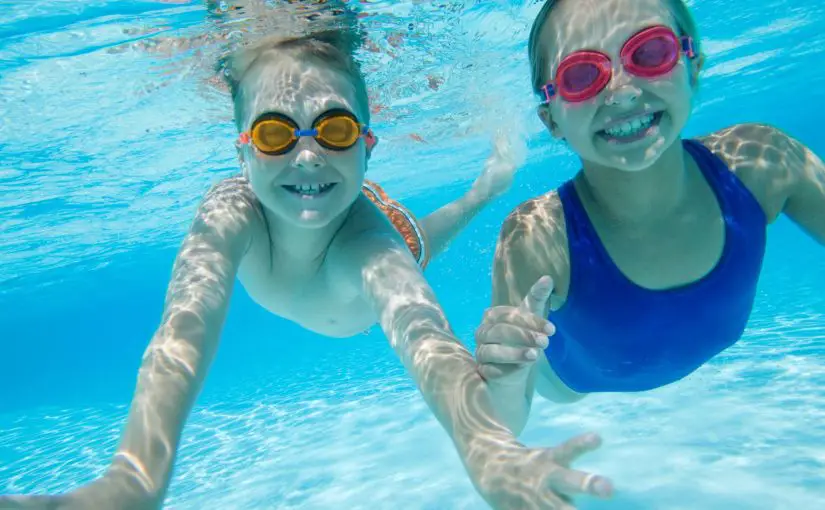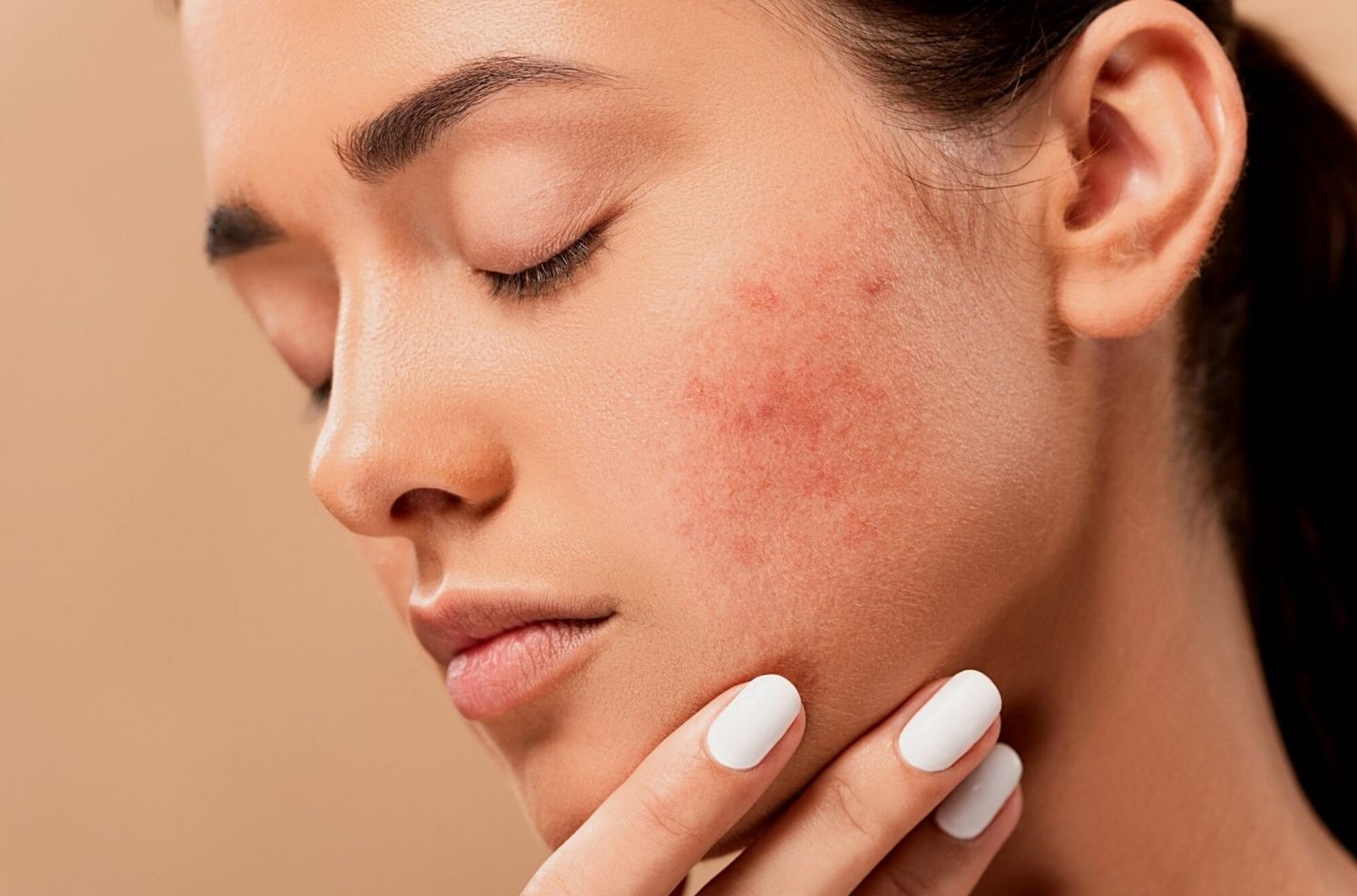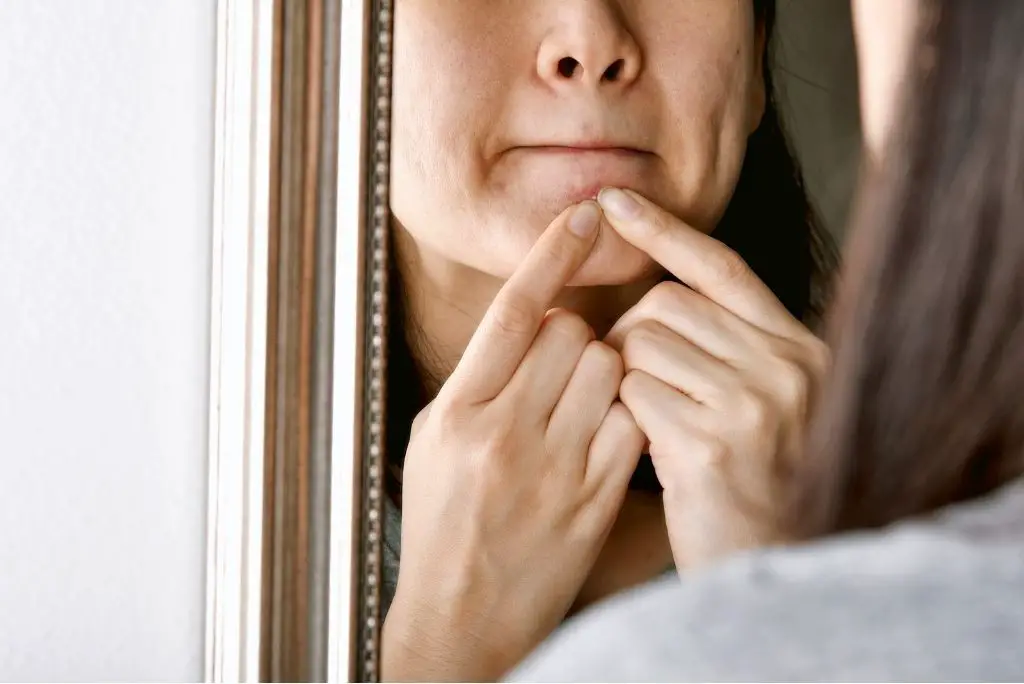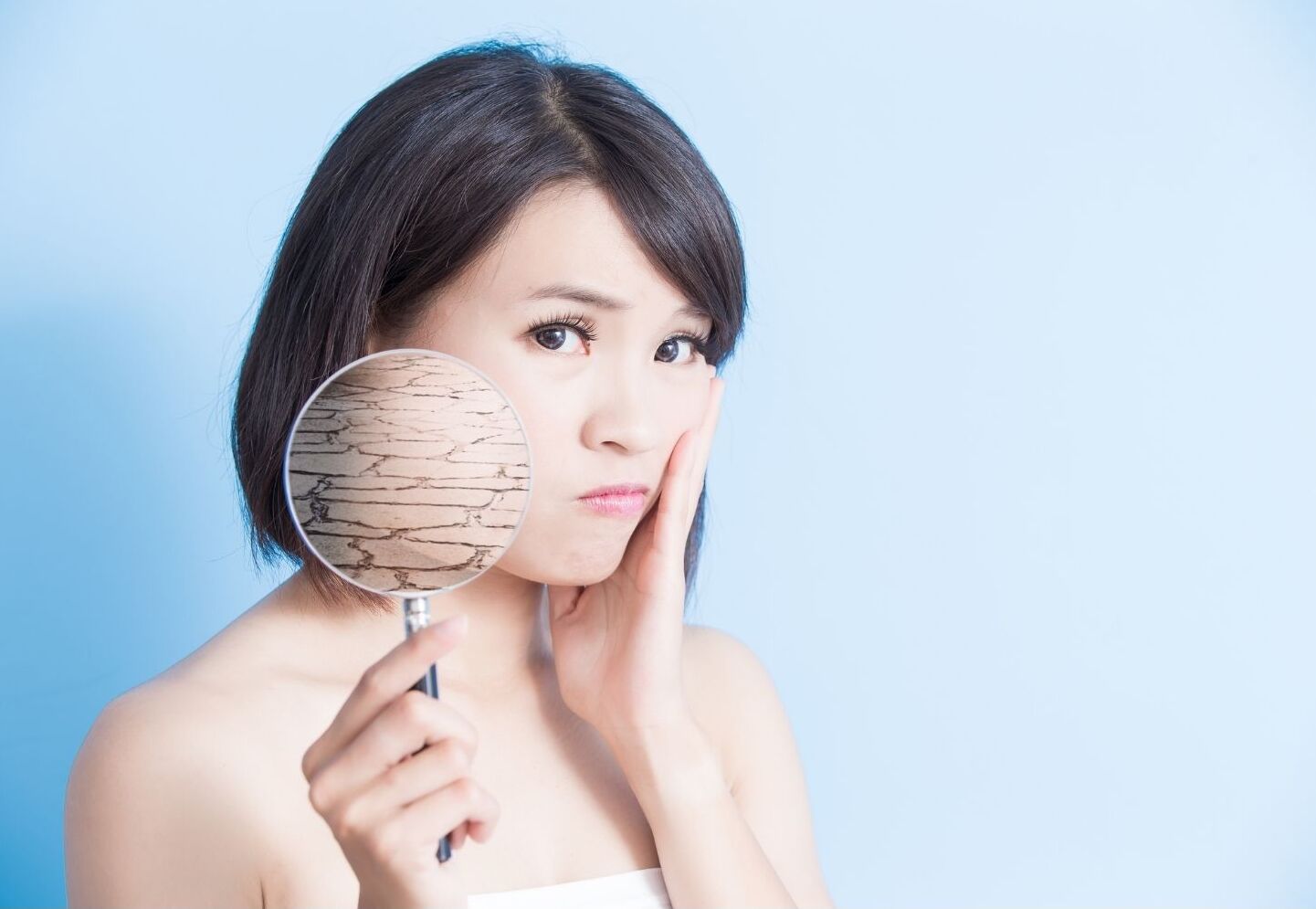Table of Contents
Can a Humidifier Help with Dryness from Swimming in Chlorine?
 Yes, using a humidifier can help relieve dry skin and irritation caused by swimming in chlorinated pool water. Chlorine acts as a disinfectant in pools by killing bacteria and preventing germ growth. However, it can also have a drying effect on the skin by disrupting the skin’s natural moisture barrier. Maintaining proper humidity levels with a humidifier can aid in restoring moisture balance and soothing chlorine-induced skin dryness.
Yes, using a humidifier can help relieve dry skin and irritation caused by swimming in chlorinated pool water. Chlorine acts as a disinfectant in pools by killing bacteria and preventing germ growth. However, it can also have a drying effect on the skin by disrupting the skin’s natural moisture barrier. Maintaining proper humidity levels with a humidifier can aid in restoring moisture balance and soothing chlorine-induced skin dryness.
How Chlorine Affects Skin Health and Hydration
Chlorine is a chemical added to swimming pools to kill harmful microorganisms like bacteria, viruses, and algae. This prevents diseases from spreading through contaminated water and keeps pool surfaces clean. While chlorine serves an important sanitizing function, it can have unintended effects on skin health and hydration [1].
When skin is exposed to chlorinated water, chlorine interacts with proteins and lipids in the stratum corneum, the outermost layer of skin. This disrupts skin’s natural moisture barrier, which is crucial for maintaining hydration. Chlorine essentially causes “chemical burn” on the skin’s surface. It strips away protective oils, alters pH balance, and allows water to evaporate more easily from the skin.
Chlorine Exposure and Skin Effects
Prolonged swimming in chlorinated pools can leave skin feeling dry, tight, and itchy. Signs of chlorine damage include:
- Flakiness
- Redness
- Irritation/rashes
- Cracking
- Peeling
The drying effects may be more pronounced in people with sensitive skin. Chlorine residue left on the skin’s surface can further exacerbate moisture loss. Additionally, chlorine strips away protective oils and other components that maintain skin’s acid mantle. This disrupts skin’s normal pH, which typically falls between 4.5-5.5. The combination of lipid and pH changes make it easier for irritants to penetrate deeper into the skin and trigger inflammation [3].
Other Pool Chemicals and Effects
Other pool chemicals like bromine can cause similar drying effects. The disinfecting action of these chemicals alters the skin’s barrier function. Surfactants in pool chemicals also interact with stratum corneum proteins and lipids. This allows more rapid penetration of chemicals through the skin. Studies show pool workers face higher risks of dermatitis and irritation due to repeated exposure to chlorine and other pool disinfectants.
How Humidifiers Help Hydrate Skin
Using a humidifier, especially in indoor environments, can help restore moisture balance to dry skin affected by chlorine exposure. Humidifiers work by increasing the amount of water vapor in the surrounding air. This gives a boost to the skin’s natural moisture content and barrier repair processes.
Mechanisms of Action
Humidifiers help skin stay hydrated in a few key ways:
- They add moisture back into dry air.
- They prevent excessive transepidermal water loss (TEWL).
- They improve skin’s moisture absorption and retention.
- They soothe irritated, dehydrated skin.
- They enable skin’s natural acid mantle to recover.
Maintaining humidity between 30-50% is ideal. This humidity range helps the skin absorb and hold onto water more effectively to reverse drying [5]. Properly humidified skin regains suppleness and elasticity.
Humidifier Types and Use
There are several types of humidifiers that increase moisture levels through different mechanisms:
- Cool mist humidifiers use a wick filter to disperse water vapor into the air.
- Warm mist humidifiers boil water to create pure steam.
- Ultrasonic humidifiers use a vibrating metal diaphragm to produce water droplets.
- Evaporative humidifiers use a fan to blow air through a wet wick filter.
For maximum benefit, use a humidifier in the bedroom overnight. This allows prolonged moisturizing effects while skin is repairing itself during sleep. Place the humidifier near the bed or areas where you spend most of your time.
Be sure to clean the humidifier regularly to prevent microbe and mold growth in stagnant tank water. Change filters as needed to maintain proper operation. Use distilled or filtered water to reduce mineral deposits.
Additional Tips for Relieving Chlorine-Induced Dry Skin
While humidifiers can help restore moisture after swimming, a few additional tips will optimize skin health:
Shower and Wash Off Chlorine
Rinse skin thoroughly after swimming to remove all traces of chlorine. This prevents continued drying and irritation. Avoid hot showers, which can worsen moisture loss.
Gentle Cleansers
Use mild, non-drying cleansers after swimming. Avoid soaps with fragrance, coloring, and alcohols which can strip skin. Look for hydrating cleansers with ceramides, glycerin, hyaluronic acid.
Moisturize Damp Skin
Apply moisturizer immediately after showering while skin is still damp. This seals in water before it can evaporate from skin’s surface. Look for rich, creamy moisturizers with ingredients like shea butter, dimethicone, glycerin.
Hydrate From Inside
Drink plenty of water and eat foods with high water content like cucumbers, watermelon, celery. Adequate hydration supports moisture balance from the inside out.
Avoid Irritants
Steer clear of products containing dyes, fragrances, and alcohols which can exacerbate dryness. Always patch test new products to check for allergic reactions.
Protect With Sunscreen
Chlorine can make skin more sensitive to sun damage. Apply broad-spectrum sunscreen before swimming. Choose gentle, fragrance-free formulas for sensitive skin.
The Bottom Line
Chlorine is a ubiquitous water disinfectant, but it can leach moisture from skin after repeated swimming sessions. Maintaining properly humidified air with a humidifier provides added moisture to aid in skin barrier repair. The moist environment helps reverse chlorine-induced dryness, irritation, peeling, and flaking. For best results, make humidifiers part of a comprehensive approach including gentle cleansing, moisturizing, and hydration. With some thoughtful skincare habits, you can enjoy pool time without suffering from chronically dry, damaged skin.








